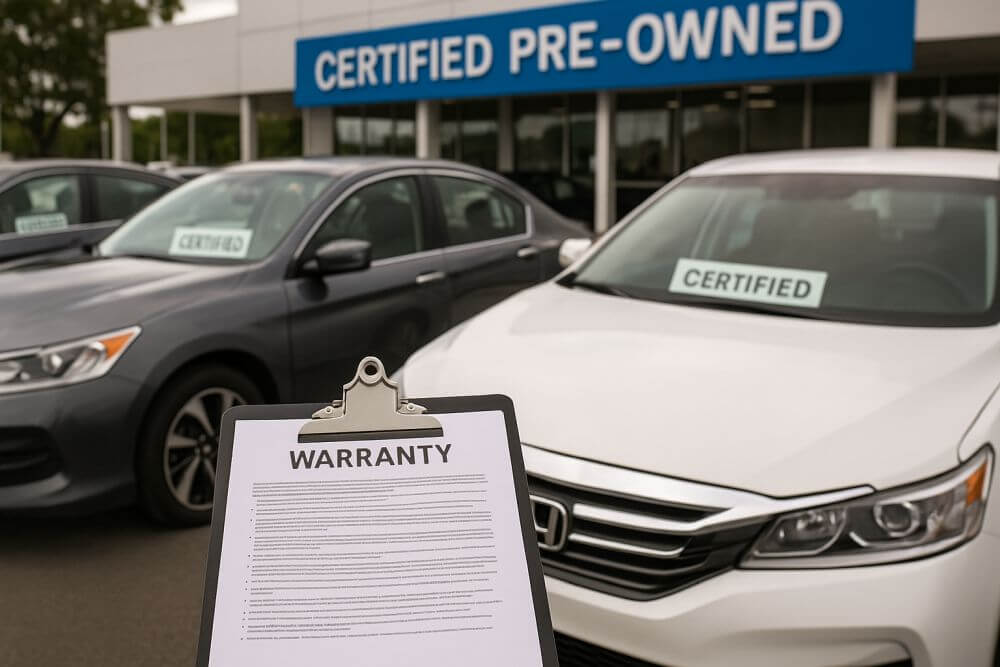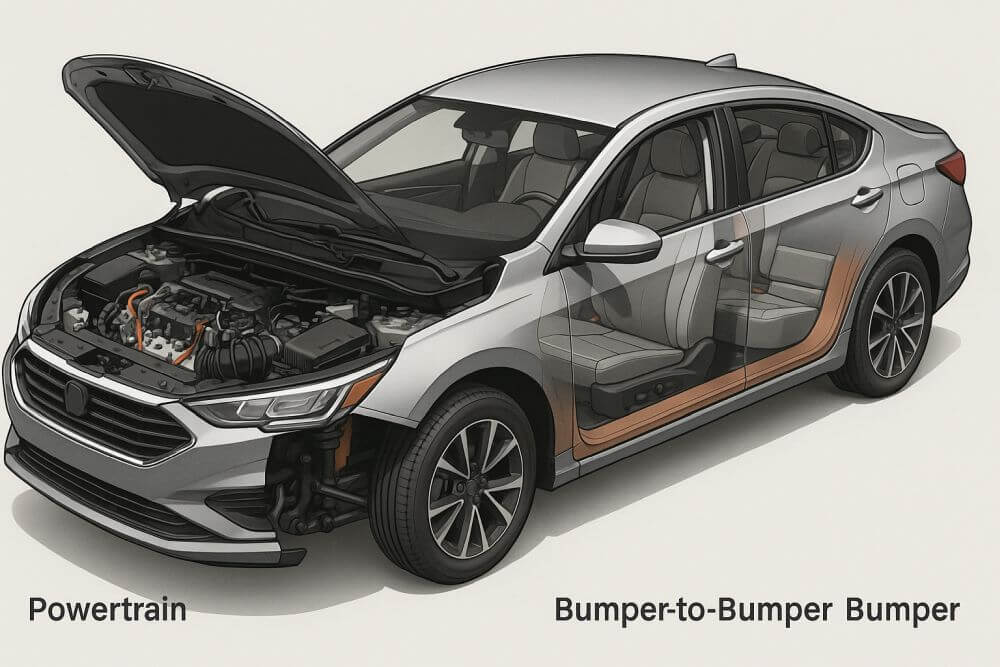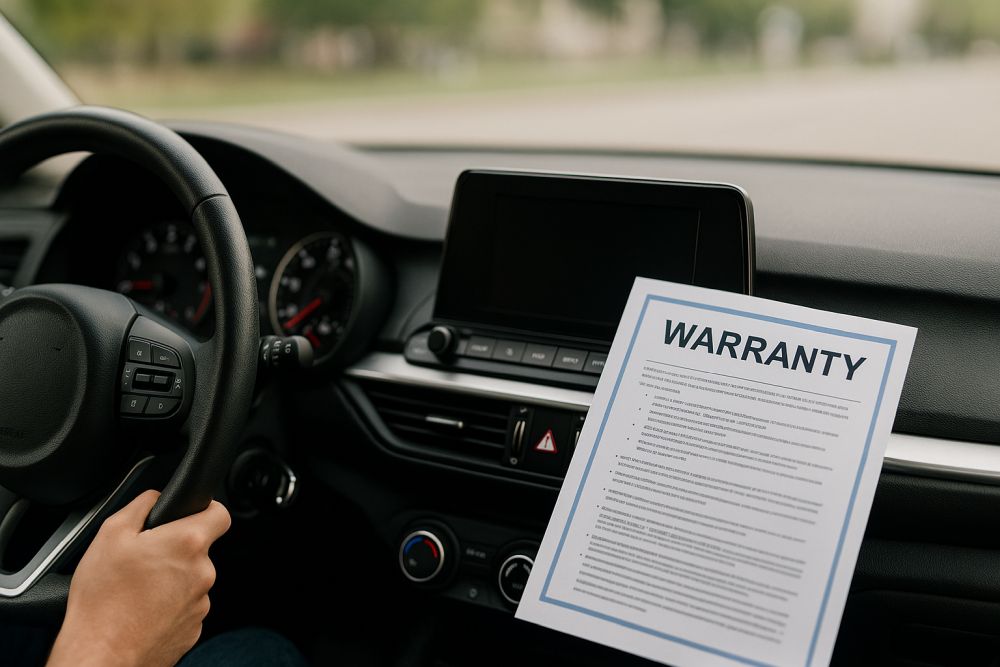Purchasing a used car can be a savvy decision for many buyers, offering lower prices and a wide selection of models. However, the appeal of savings can sometimes come with hidden risks, particularly in regions prone to natural disasters. In North Carolina, hurricanes are a perennial threat, and they can leave a lasting impact on vehicles exposed to floodwaters. For anyone considering buying a used car in this region, understanding how to avoid hurricane-damaged cars in North Carolina is crucial. In the initial stages of your search, using tools like a search VIN can help uncover the history of a vehicle, ensuring you’re making a well-informed purchase.
Understanding Hurricane Damage in Vehicles
Hurricane-damaged cars often suffer from water exposure, leading to both immediate and long-term issues. Floodwaters can seep into the electrical systems, damage the engine, and create an environment conducive to mold and rust. These issues might not be immediately visible, which makes them particularly dangerous for unwary buyers. In North Carolina, where hurricanes hit regularly, the likelihood of encountering such vehicles is higher, making it important to conduct thorough checks before purchasing.
Identifying Signs of Hurricane Damage
While some damage is obvious, other signs require a keen eye. Here are some indicators that a vehicle might have suffered from hurricane damage:
- Unusual Odors: A musty smell inside the car could indicate mold growth from water exposure.
- Water Stains: Check for watermarks or discoloration on the upholstery and carpet.
- Electrical Issues: Test the lights, AC, and other electronics for functionality.
- Rust and Corrosion: Examine under the hood and beneath the vehicle for rust.
- Inconsistent Vehicle History: Sudden changes in title location or inexplicable gaps in the vehicle’s history might suggest a problem.
Steps to Avoid Buying a Hurricane-Damaged Car
1. Obtain a Comprehensive Vehicle History Report
One of the most reliable ways to avoid purchasing a hurricane-damaged car is by obtaining a detailed vehicle history report. This report can provide insights into past accidents, title changes, and any flood damage the vehicle might have sustained. A resource like a NC license plate lookup can be invaluable for this purpose.
2. Use a VIN Decoder
A Vehicle Identification Number (VIN) is like a car’s fingerprint—unique and telling. By using a VIN decoder, you can access a wealth of information about a vehicle’s past, including any reported damages from hurricanes. This step is essential for anyone serious about understanding the true history and condition of a used vehicle.
3. Conduct a Thorough Inspection
Before making any purchase, it’s wise to have a professional mechanic inspect the vehicle. An experienced eye can spot signs of water damage that might escape an untrained observer. Additionally, they can test the car’s major systems to ensure everything is in good working order.
The Role of VIN Decoding in Avoiding Hurricane-Damaged Cars
VIN decoding is a powerful tool in the arsenal of any used car buyer. By entering the VIN into a decoder, you can reveal crucial details about the car’s make, model, year, and manufacturing details. More importantly, it can uncover any salvage titles or reported flood damage, allowing you to avoid potentially costly mistakes. For a reliable VIN decoding service, consider using VinCheckPro’s free VIN decoder.
Call to Action
Before purchasing a used car in North Carolina, especially after hurricane season, arm yourself with the right tools and knowledge. Start by running a VIN check to ensure the vehicle you’re considering hasn’t been compromised by past hurricanes. Visit VinCheckPro today to access a free VIN decoding service and make an informed decision.
Frequently Asked Questions (FAQ)
What should I do if I suspect a car has hurricane damage?
If you suspect a car has hurricane damage, request a full vehicle history report and have a professional mechanic inspect the vehicle for water damage signs.
Can a VIN decoder reveal hurricane damage?
While a VIN decoder won’t directly indicate hurricane damage, it can reveal if the car has a salvage title or if flood damage has been reported, both of which are red flags.
How common are hurricane-damaged cars in North Carolina?
Given North Carolina’s vulnerability to hurricanes, it’s not uncommon to find hurricane-damaged cars in the market, especially after a major storm.
Why is a professional inspection important?
A professional inspection is crucial because it can identify hidden damages, such as electrical or mechanical issues, that aren’t immediately apparent.
What other resources can help in avoiding hurricane-damaged cars?
Besides using a VIN decoder, checking vehicle history reports, and conducting professional inspections, you can also use resources like the NC license plate lookup for further verification.


